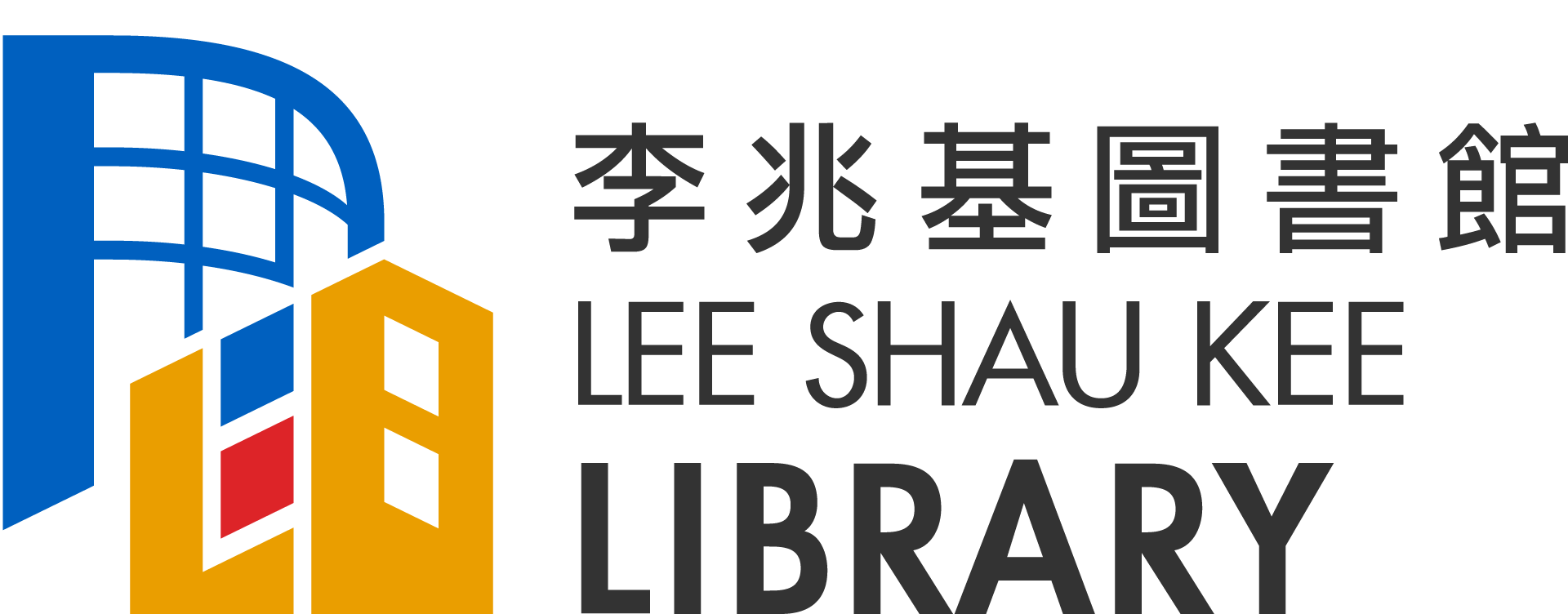
Open access (OA) has made significant advancements in research articles. However, comparatively, less attention has been paid to open access books. For instance, the number of searches for “Open Access Books” was significantly lower than those for “Open Access Journals” on Google in the past five years.
Compared to research articles that are typically shorter and focus on specific research findings or ideas, academic books, such as monographs, textbooks, and edited volumes, provide a more comprehensive and in-depth treatment of a particular topic or theme.
Despite being a major channel for disseminating scientific knowledge, academic books often have a lower number of audiences due to a significant barrier: their high cost. Publishers, having to cover the cost of production and make the publishing program sustainable, need to set a higher price for each printed copy. Hence, academic books are priced higher than other books, and even though digital versions are produced, they are usually behind a paywall, requiring a subscription or purchase.
Open access eliminates such a barrier. By open access, the books are available online or for download free of charge and free of most copyright restrictions other than author attribution.
Benefits of OA Books
OA books could make a higher research impact. As they are freely available to anyone with an internet connection, they make research accessible to a broader audience, including those with limited resources or those who are unable to access academic libraries. With a wider audience, research output could gain greater visibility, potentially leading to more citations and impact. On average, OA books have more than 2.4 times more citations and ten times more online mentions than non-OA books, as reported by Springer Nature.
OA books also facilitate the reuse of scientific findings. As OA books are assigned usage licenses indicating the terms of reuse, authors’ copyrights are protected while reducing the legal barriers and permission procedure for reusing research findings. Hence, open access books promote scientific collaboration and advancement. Besides, the open availability of books could also help detect plagiarism cases.
Publishing OA Books
Publishing OA books with commercial academic publishers usually requires a Book Processing Charge (BPC) covering the editorial, production, and digital publication costs. For example, the Cambridge University Press offers an OA book option with a BPC of GBP 9,500 for a book of up to 120,000 words. Springer Nature, another publisher, offers to publish open access books under 400 pages with a BPC of GBP 11,000. These publishers provide editorial, production, marketing, and dissemination services for open access books, just as other subscription-based books.
Alternatively, there are platforms that publish open access books with no BPC. For instance, Open Book Publishers is a UK-based independent publisher in Humanities and Social Sciences that publishes open access academic books with no BPC. These books are available in PDF format for online viewing and downloading, while the ePub version requires payment. Similarly, Lever Press, under LYRASIS, publishes OA books in both PDF and ePub for downloading. These publishers also guarantee a rigorous peer review process.
OA e-books are not a replacement, but rather a complement, to print books. There are always demands for printed copies, and publishers still produce printed copies for sale. For instance, Cambridge University Press sells both paperback and hardcover of OA books. Open Books Publishers and Lever Press adopted a print-on-demand model for selling printed versions to cover production costs.
Resources on OA Books
The Directory of Open Access Books (DoAB) provides useful information on the OA book publication process, including publishers, peer review, quality assurance, technical guidelines, and best practices. The information not only navigates authors throughout the publication process but also helps ensure that the books reach their widest audience.







